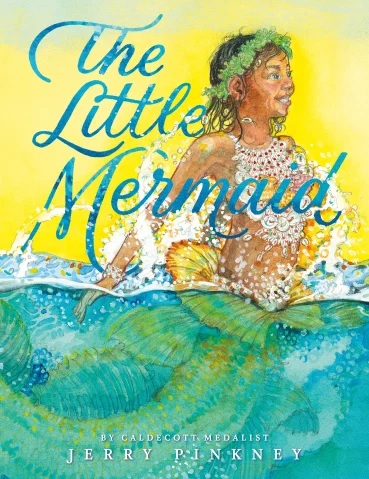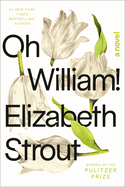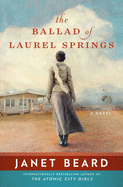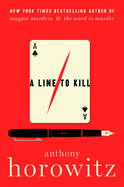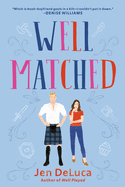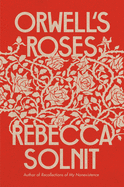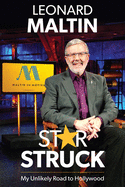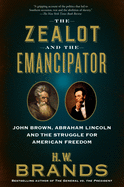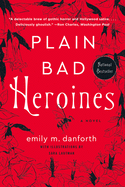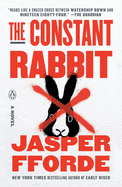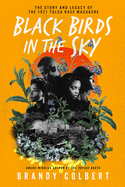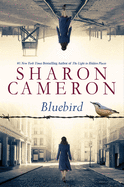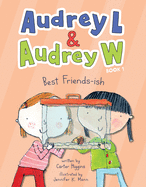 |
| photo: Sandun Seneviratne |
Amanda Jayatissa loves to read disturbing books with shocking plot twists, so it seemed logical to her that she should attempt to write disturbing books with shocking plot twists. She runs corporate trainings on communication skills development and works as the chief taste tester at the cookie shop she co-owns. She grew up in Sri Lanka and has lived in California's Bay Area and the British countryside before relocating back to her sunny island. Her debut thriller is My Sweet Girl (Berkley), about a Sri Lankan-American woman who tries to uncover who murdered her roommate after all evidence of his death has been erased.
On your nightstand now:
Her Perfect Life by Hank Phillippi Ryan and Good Rich People by Eliza Jane Brazier. Both are advance reader copies, and one of the best parts about writing is having access to these awesome titles before they come out!
Favorite book when you were a child:
This is a difficult one to answer because I was a voracious reader for as long as I could remember. I was even caught reading in a locked bathroom during my own birthday party, so yes, I was that kid. Three of the books I adored are: The Witches by Roald Dahl; Anne of Green Gables by L.M. Montgomery; The Ghost Next Door by R.L. Stine (my first exposure to an unreliable narrator and it swept the rug out from under me).
Your top five authors:
Shirley Jackson (she had me at The Haunting of Hill House and cemented her position in my heart with We Have Always Lived in the Castle)
Gillian Flynn (the queen!)
Jessica Knoll (the way she writes mean-girl protagonists that you root for really inspired much of my own writing)
Riley Sager (the master of plot twists!)
Stephen King (who's had my heart and many sleepless nights since I read It when I was 14)
Book you've faked reading:
My first attempt at reading It by Stephen King had me so afraid that I had to put the book away, but I'd already told my best friend that I was reading it. When she asked me how it was, I totally lied and said I had finished it and wasn't afraid at all! I did end up reading it a few days later, though, because I absolutely had to know what happened next, and it's been a favorite ever since.
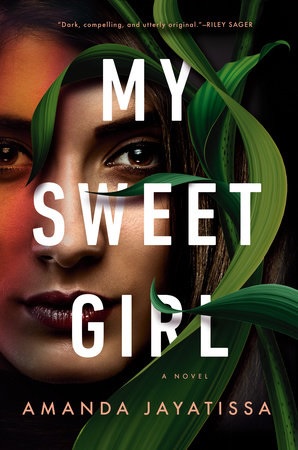 Book you're an evangelist for:
Book you're an evangelist for:
Behind Her Eyes by Sarah Pinborough. As a reader, I've always been a huge lover of plot twists, and the twist in Behind Her Eyes lives rent-free in my head. I always recommend this book to anyone who wants a "never saw that coming" moment.
Book you've bought for the cover:
Mexican Gothic by Silvia Moreno-Garcia, and I'm so glad I did because it ended up being one of my favorite reads of 2020.
Book you hid from your parents:
I was allowed to read anything I wanted, at any age, with one notable exception--Archie comics. Because, to quote my mother, "Who's got time to read about two girls fighting over a boy?"
It was a fair point, I suppose, but it didn't stop me from sneaking the books from my older cousins.
Book that changed your life:
My Sister, the Serial Killer by Oyinkan Braithwaite. This was the first thriller that I read which was set completely outside the U.S. It opened up my eyes and meant so much to me, because I was toying around with my own thriller (that would go on to be My Sweet Girl) that was set partially in Sri Lanka, where I'm from.
Favorite line from a book:
I didn't stop giving hand jobs because I wasn't good at it. I stopped giving hand jobs because I was the best at it.
There have been so many great, introspective, lyrical lines from books, which I've kept highlighted and revisit often, but this first line from Gillian Flynn's short story "The Grownup" made me snort-laugh while intriguing me to purchase and read it immediately. She's written so many bombshell lines (who can forget the "cool girl" monologue from Gone Girl?) but this is the one that's my favorite.
Five books you'll never part with:
Living in Sri Lanka, it's tough to get access to hard copies of many of the books I love or want to read, so the few I have are guarded closely. One of the greatest tragedies I've had to face was the Termite Incident of 2006 where my books at home were destroyed while I was away at university.
We Have Always Lived in the Castle by Shirley Jackson, which is my number-one comfort read.
Sharp Objects, which is my favorite from Gillian Flynn.
On Writing by Stephen King, which I read every time I feel like I'm struggling with a WIP.
My copies of Anne of Green Gables and The Witches that I've had since I was a child. The Ghost Next Door, sadly, was destroyed by those barbaric termites.
Book you most want to read again for the first time:
Gone Girl by Gillian Flynn. I don't think I've ever been as shaken as when I sat straight up in bed at 3 a.m., scaring my poor husband half to death, shouting "NO WAY!" as when I read that twist.
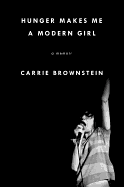 Fans of Carrie Brownstein can learn about her musical life and band Sleater-Kinney in Hunger Makes Me a Modern Girl (Riverhead, $16). She writes, "My story starts with me as a fan.... My favorite kind of musical experience is to feel afterward that your heart is filled up and transformed, like it is pumping a whole new kind of blood into your veins. This is what it is to be a fan: curious, open, desiring for connection, to feel like art has chosen you, claimed you as its witness."
Fans of Carrie Brownstein can learn about her musical life and band Sleater-Kinney in Hunger Makes Me a Modern Girl (Riverhead, $16). She writes, "My story starts with me as a fan.... My favorite kind of musical experience is to feel afterward that your heart is filled up and transformed, like it is pumping a whole new kind of blood into your veins. This is what it is to be a fan: curious, open, desiring for connection, to feel like art has chosen you, claimed you as its witness."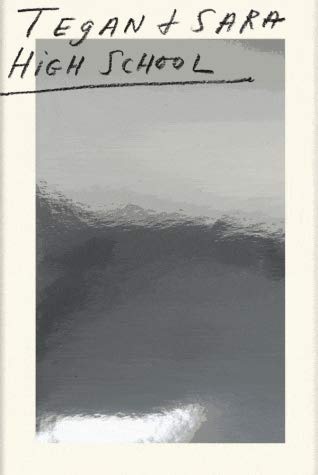 In their co-written memoir High School (Picador, $18), Canadian rockers Sara Quin and Tegan Quin mine turbulent teen years, discovering the power of hearing others' music and making their own. For an outside lens on an artist, see Janelle Monáe's the Archandroid by Alyssa Favreau (Bloomsbury Academic, $14.95), written for the terrific 33⅓ series celebrating albums that matter. For an even broader focus on a genre itself, in Rednecks, Queers, and Country Music (University of California Press, $34.95), musician and scholar Nadine Hubbs tackles critical questions about class, race, gender and sexuality in how people engage with country.
In their co-written memoir High School (Picador, $18), Canadian rockers Sara Quin and Tegan Quin mine turbulent teen years, discovering the power of hearing others' music and making their own. For an outside lens on an artist, see Janelle Monáe's the Archandroid by Alyssa Favreau (Bloomsbury Academic, $14.95), written for the terrific 33⅓ series celebrating albums that matter. For an even broader focus on a genre itself, in Rednecks, Queers, and Country Music (University of California Press, $34.95), musician and scholar Nadine Hubbs tackles critical questions about class, race, gender and sexuality in how people engage with country. 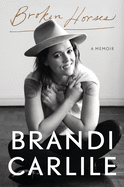 In her unforgettable Broken Horses (Crown, $28), Brandi Carlile closes: "We want the music and the people back. We know it will happen, but we don't know when. One thing I do know is that WHEN we get back onstage again... we will know exactly who we really are for the first time and you will know who you are as well."
In her unforgettable Broken Horses (Crown, $28), Brandi Carlile closes: "We want the music and the people back. We know it will happen, but we don't know when. One thing I do know is that WHEN we get back onstage again... we will know exactly who we really are for the first time and you will know who you are as well."



 Book you're an evangelist for:
Book you're an evangelist for: